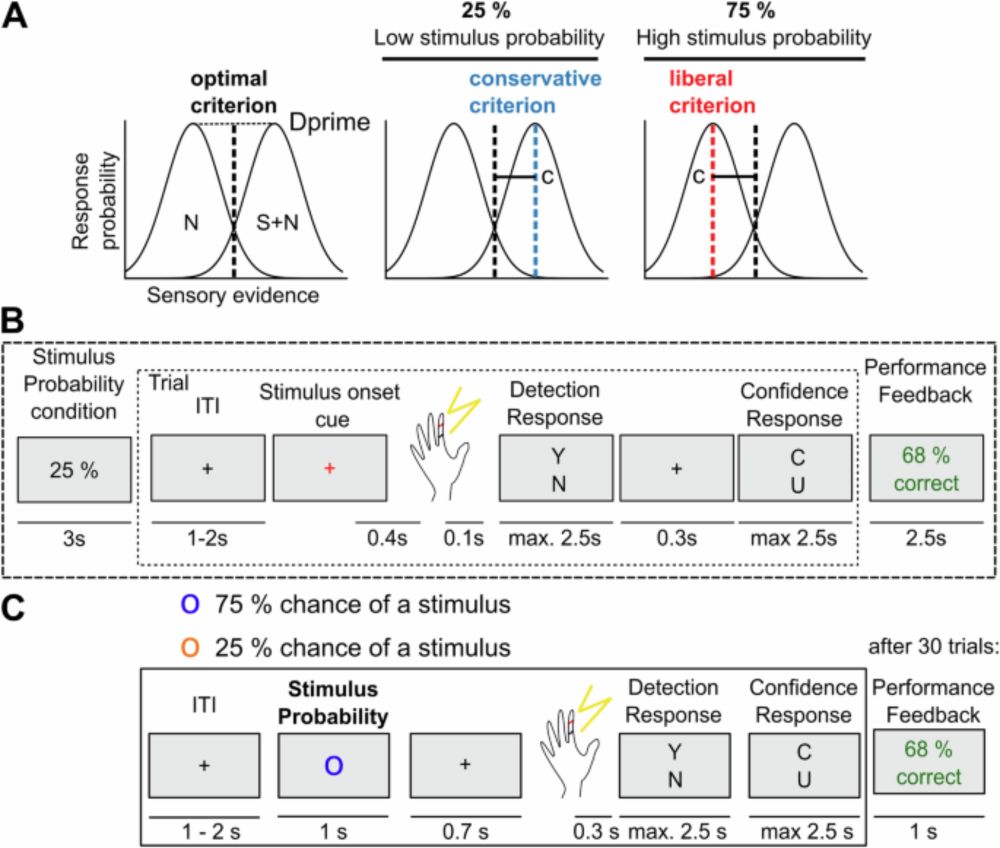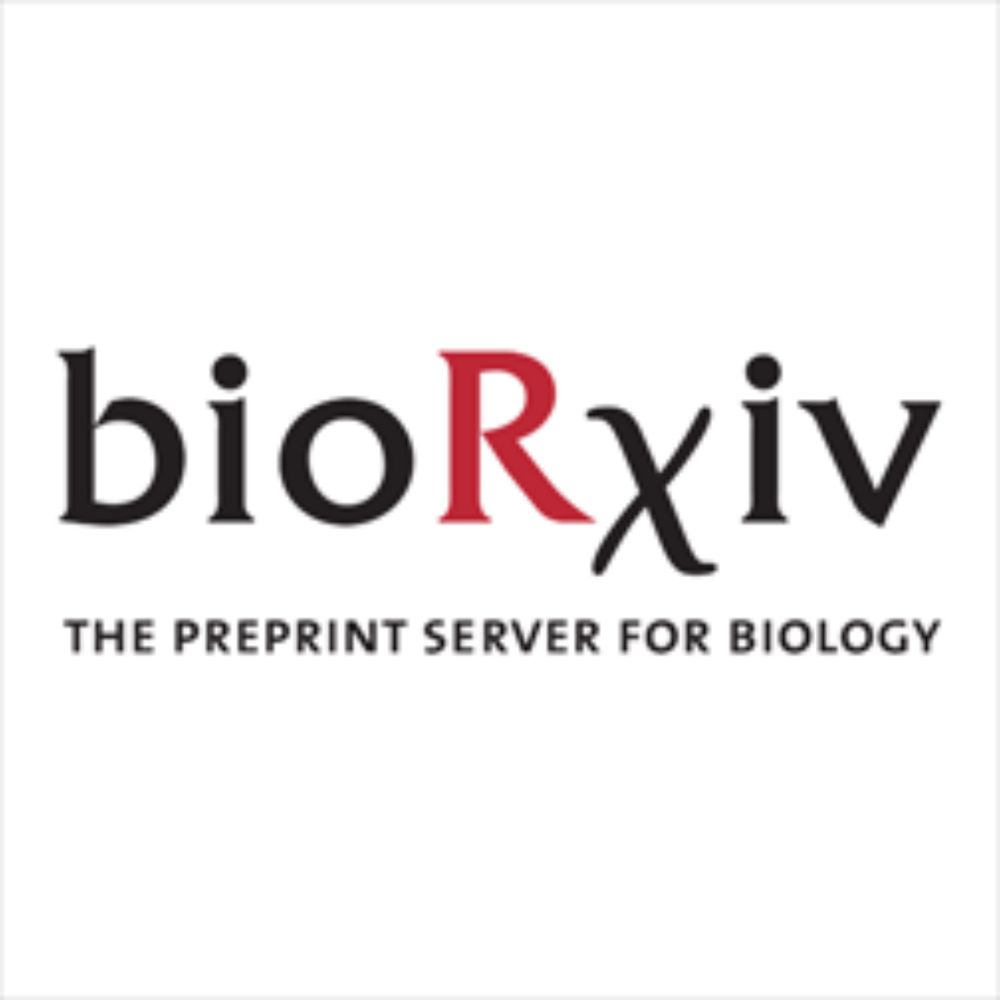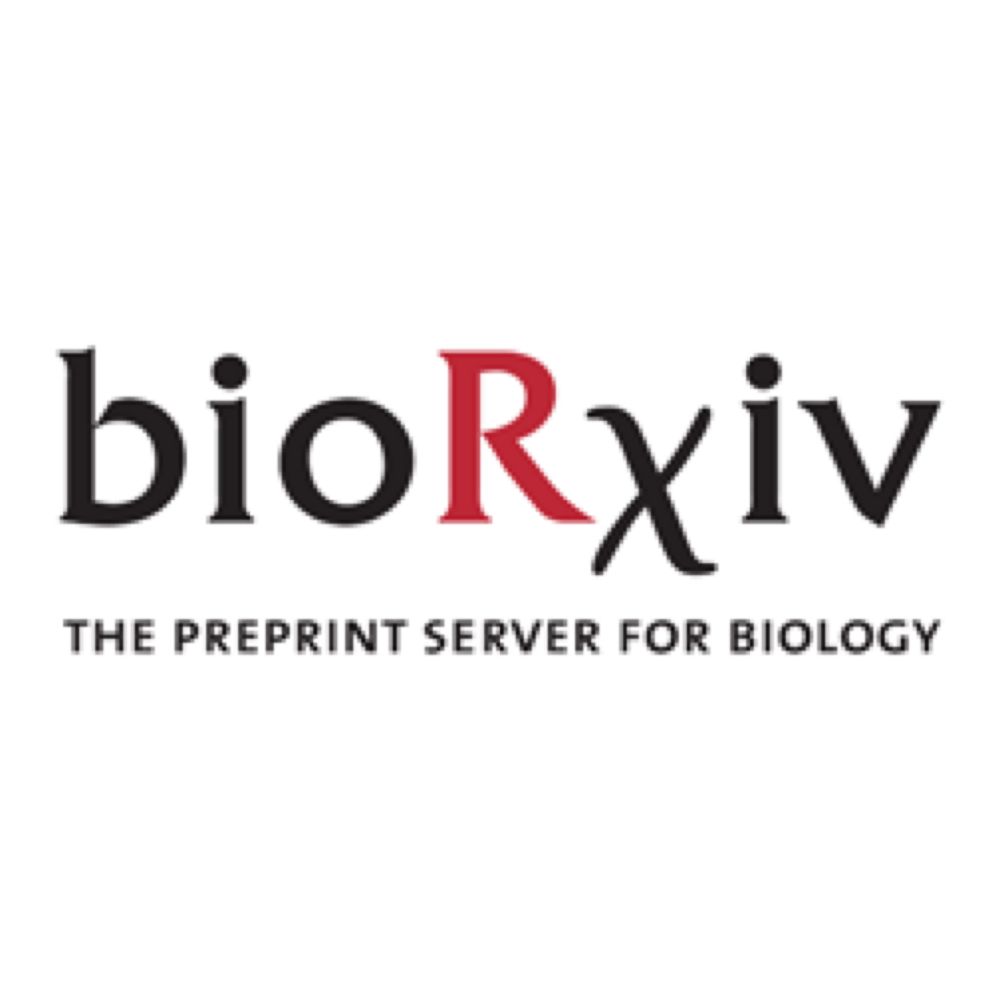
If you are interested in meeting at SfN, please email me! www.sosaneurolab.com/join/postdoc...

If you are interested in meeting at SfN, please email me! www.sosaneurolab.com/join/postdoc...
🔍 Join us as a Postdoctoral Researcher (fully-funded) at the Helmholtz Institute for Human-Centered AI in Munich.

🔍 Join us as a Postdoctoral Researcher (fully-funded) at the Helmholtz Institute for Human-Centered AI in Munich.
Read our chapter, out now in The Oxford Handbook of Cognitive Enhancement and Brain Plasticity academic.oup.com/edited-volum...
Read our chapter, out now in The Oxford Handbook of Cognitive Enhancement and Brain Plasticity academic.oup.com/edited-volum...
www.nature.com/articles/s41...
1/9

www.nature.com/articles/s41...
1/9
We explore the use of cognitive theories/models with real-world data for understanding mental health.
We review emerging studies and discuss challenges and opportunities of this approach.
With @yaelniv.bsky.social and @eriknook.bsky.social
Thread ⬇️

We explore the use of cognitive theories/models with real-world data for understanding mental health.
We review emerging studies and discuss challenges and opportunities of this approach.
With @yaelniv.bsky.social and @eriknook.bsky.social
Thread ⬇️
Ondrej is a great scientist and mentor and his lab is certain to be an exciting place to be ⚡️
I am looking for PhD/Postdoc candidates to join (more below 👇 ). Please RT as the deadline is pretty soon 🙏

Ondrej is a great scientist and mentor and his lab is certain to be an exciting place to be ⚡️
#compneuro #neuroskyence
www.pnas.org/doi/10.1073/...

#compneuro #neuroskyence
www.pnas.org/doi/10.1073/...
rdcu.be/eydDQ
rdcu.be/eydDQ
jamanetwork.com/journals/jam...
We (with @tspisak.bsky.social, @christianbuchel.bsky.social) published a commentary on Chowdhury, Bi et al. (2025, JAMA Neurology) raising serious concerns about their reported results.
👇 1/13

jamanetwork.com/journals/jam...
We (with @tspisak.bsky.social, @christianbuchel.bsky.social) published a commentary on Chowdhury, Bi et al. (2025, JAMA Neurology) raising serious concerns about their reported results.
👇 1/13
Work done together with @doellerlab.bsky.social, @caswell.bsky.social and Juergen Jost.
doi.org/10.1371/jour...
#neuroskyence #compneurosky
1/n

Work done together with @doellerlab.bsky.social, @caswell.bsky.social and Juergen Jost.
doi.org/10.1371/jour...
#neuroskyence #compneurosky
1/n
1/ Can we accurately detect sequential replay in humans using Temporally Delayed Linear Modelling (#TDLM)? In our recent study, we could not find any replay and decided to dig deeper by running a hybrid simulation with surprising results. Link to preprint & details below 👇
1/ Can we accurately detect sequential replay in humans using Temporally Delayed Linear Modelling (#TDLM)? In our recent study, we could not find any replay and decided to dig deeper by running a hybrid simulation with surprising results. Link to preprint & details below 👇
Big thank you to my co-authors, the editor and the reviewers.

Big thank you to my co-authors, the editor and the reviewers.
We show how we can dissociate perceptual from value-based mechanisms of generalisation + that stronger gen. in anxiety is associated with value rather than perception.
w/
@ondrejzika.bsky.social @nicoschuck.bsky.social @bernhardspitzer.bsky.social
osf.io/preprints/ps...
1/n
We show how we can dissociate perceptual from value-based mechanisms of generalisation + that stronger gen. in anxiety is associated with value rather than perception.
w/
@ondrejzika.bsky.social @nicoschuck.bsky.social @bernhardspitzer.bsky.social
osf.io/preprints/ps...
1/n

Details: shorturl.at/IcNa0
Details: shorturl.at/IcNa0
By the fantastic
@noahedrich.bsky.social
Ppl learn faster from slowly changing features; we argue this reflects an inductive bias. Teamwork w @ericschulz.bsky.social & S HallMcMaster
#neuroskyence #compneuro

By the fantastic
@noahedrich.bsky.social
Ppl learn faster from slowly changing features; we argue this reflects an inductive bias. Teamwork w @ericschulz.bsky.social & S HallMcMaster
#neuroskyence #compneuro

www.cell.com/trends/neuro...
Very short thread below to summarize our review
#neuroscience #neuroskyence #compneurosky #PsychSciSky
Excited to share the first project of my PhD!
🧪 🧠📈 🧠💻 #PsychSciSky (1/8)

Excited to share the first project of my PhD!
🧪 🧠📈 🧠💻 #PsychSciSky (1/8)


